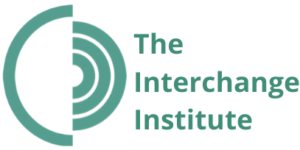Dear All,
Always lively conversations during Culture Chat and this week was no different. Here is a link to the video “Lost in communication: an intercultural meeting” that focused this week’s Culture Chat. There was much discussion about the differences seen in the video as well as how we might ensure all voices are heard. What are some tips and tricks you use in group trainings, global teams, team meetings, etc. to ensure everyone has their say? Comment below.

2 thoughts on “Culture Chat: Lost in Communication – Analyzing an intercultural meeting”
Interculturalist Circle members, please get in touch if you’d like to co-lead a Culture Chat.
@Tasha, great question!
First, I try to remember that not everyone wants a say, or at least not in the meeting. I’ve gone wrong trying to call on people who did NOT want to contribute in that way!
Second, multiple ways to engage. Zoom is actually better than in person on this front! When you’ve got a session with video, audio, jamboard or google doc, polls, and a chat, you’re facilitating input from multiple communication styles, personality types, etc.
Third, if it’s a persistent group that will meet multiple times, take it slow and iterate! When someone’s not engaging, honor that, but follow up. Get the info another way, or if they NEED to contribute in the meeting (one important reason is so that others see their contribution!), coach them up, or both. When someone’s hogging the mic, don’t shame them publicly, but follow up. Get their overflow ideas another way, and coach them up on how to pass the mic in the meeting.
Finally, as Terri would remind us, set expectations, whatever they are. In the email. In the event description. In the reminder email. In your introduction. On the agenda. In the slides. At breaktime in longer sessions.
Hooboy, didn’t mean to write quite that much, thanks for getting the wheels spinning. Anyone else have success with these strategies? What else would you add?
Comments are closed.